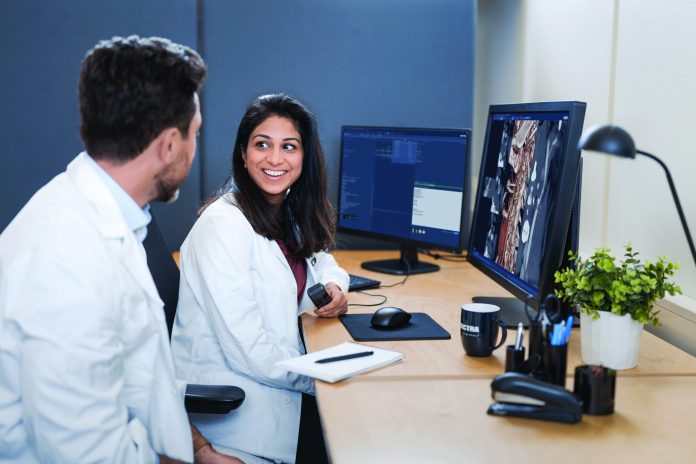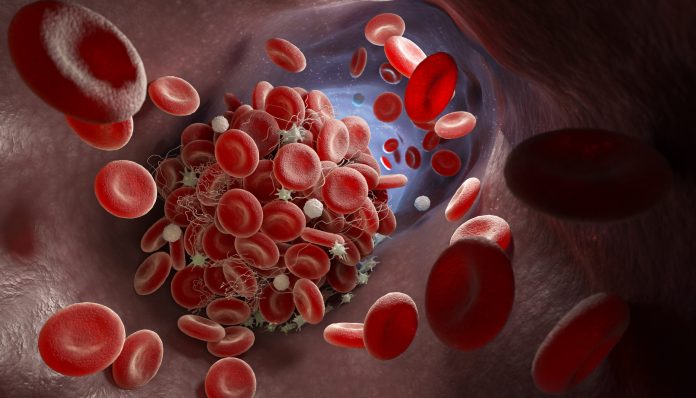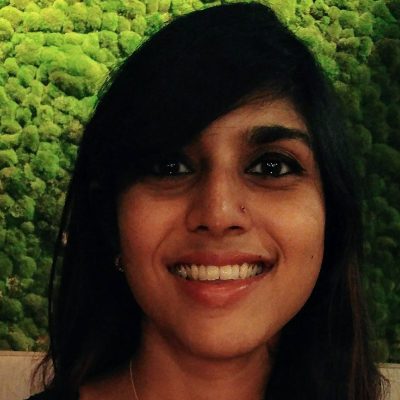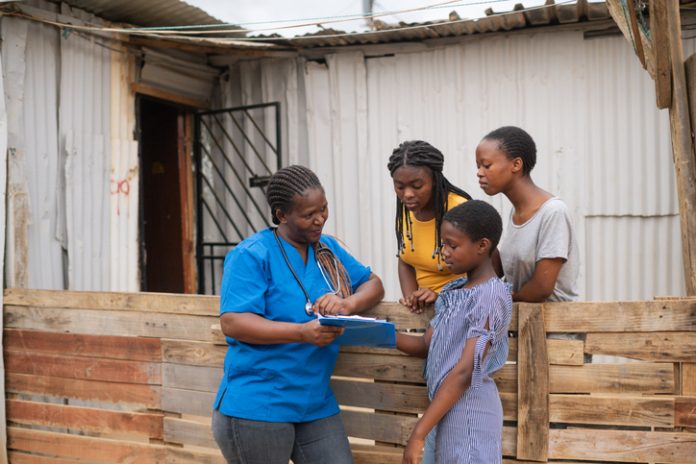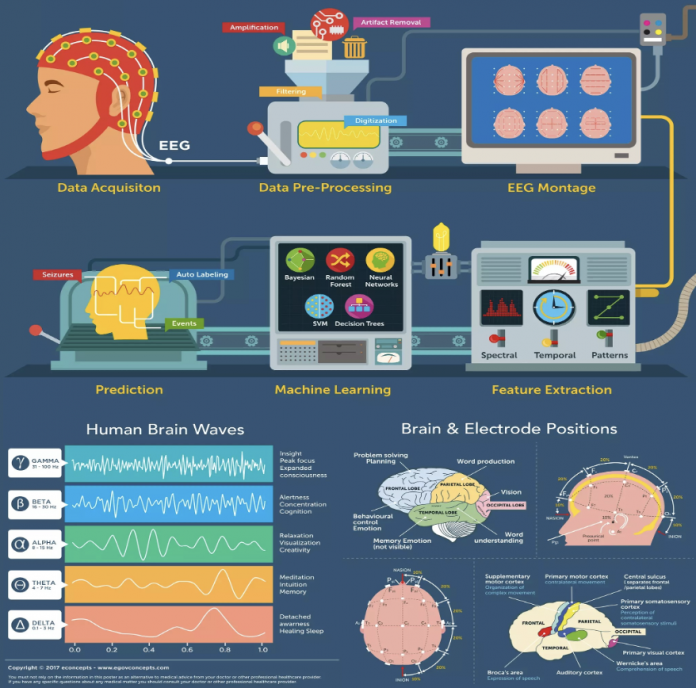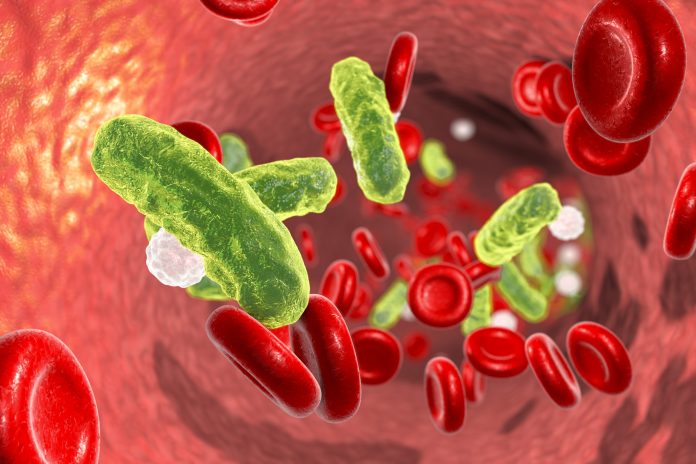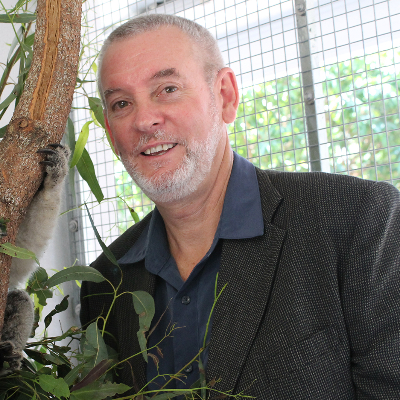Open Access Government produces compelling and informative news, publications, eBooks, and academic research articles for the public and private sector looking at health, diseases & conditions, workplace, research & innovation, digital transformation, government policy, environment, agriculture, energy, transport and more.
Home Search
diagnostics - search results
If you're not happy with the results, please do another search
Cambridge-based company revolutionises at-home heart testing for NHS
PocDoc, a diagnostics company based in Cambridge, has announced a groundbreaking at-home heart test that promises to deliver results to the NHS within minutes.
Getting leptospirosis onto the lists of neglected tropical diseases
Leptospirosis is a globally important infectious disease, but neglected to the extent that it’s not on WHO’s or FDA’s neglected tropical diseases lists; this needs to change.
NHS patients to benefit from faster access to innovative medical technologies
NHS patients in England are set to gain quicker access to the latest and most innovative medical technologies, thanks to new plans proposed by NHS England and the National Institute for Health and Care Excellence (NICE).
EU Action to Fight Rare Diseases
There are about 36 million individuals in the EU living with a rare disease. Sandra Gallina, Director General at DG Sante, explains how the European Commission is addressing the needs of this community.
Healthcare would stop without diagnostic imaging
Johan Carlegrim, President of Sectra Medical Education, discusses the value and necessity of incorporating advanced diagnostic imaging tools and realistic simulations into the medical curriculum to enhance the learning process for students and improve staff retention in healthcare.
Assessing blood clot risk in venous catheter selection for patients with haematological cancers
Venous catheters enable patients with haematological cancers to receive vital chemotherapy. However, there is a risk of thrombosis. Consultant Haematologist Priya Sriskandarajah analysed a group of patients with haematological cancers to study the implications of catheter selection.
Priya Sriskandarajah – Guy’s and St Thomas’ Hospital
Dr Priya Sriskandarajah achieved her medical degree at Kings College London in 2007. She then embarked on haematology training as a National Institute for Health and Care Research Academic Clinical Fellow in South West London with posts at the Royal Marsden Hospital as well as Epsom and St Helier....
Collaboration and Partnerships in Accelerating Cancer Drug Development
Lorna Rothery spoke to the Cancer Drug Development Forum’s Managing Director, Professor Jaap Verweij and Chairperson of the CDDF Board of Directors, Professor Ruth Plummer, about opportunities and challenges in oncology research and treatment.
Navigating the storm: Addressing the healthcare workforce crisis in the UK
The UK’s healthcare sector is currently at a crossroads, grappling with a workforce crisis that is not only impacting the delivery of healthcare services but is also posing a significant threat to patient care.
Advocating for equity in childhood cancer care
A scarcity of suitable therapies and geographic disparities in access to care are impacting survival rates for children with cancer; Lorna Rothery spoke to the European branch of Childhood Cancer International, a pan-European organisation committed to improving outcomes for children and adolescents affected by cancer.
Genomic sequencing: A game changer in our fight against COVID-19 and beyond
Ron Gutman, inventor, serial healthcare and technology entrepreneur, and Stanford University adjunct professor, discusses the emergence of genomic sequencing as a vital tool in mitigating global public health threats.
The risk of malignant pleural mesothelioma
Although the use of asbestos-containing building materials was banned in the UK in 1999, this carcinogenic mineral continues to be a serious health threat. Daniel J. Murphy from the University of Glasgow tells us more.
AI and adaptive dementia-supporting technology
People living with dementia are a hugely underserved group in so many ways, but dementia-supporting technology can offer better and longer independent living; Fiona Carragher, Director of Research and Influencing at Alzheimer’s Society, explains how.
WHO’s framework on self care interventions
Zisis Kozlakidis from the World Health Organization’s International Agency for Research on Cancer and Wuchlim Kourk from the Institut Pasteur du Cambodge examine the value and implementation of self-care interventions.
Artificial intelligence (AI) tools in genetics
Vessela Kristensen and Dag Undlien uncover AI tools in genetics, from variant recognition to clinical implementation.
Carbon dots in forensics, environmental science, and medicine
Dr. Cecilia E. Van Cauwenberghe, from Frost & Sullivan, explains the revolutionary impact of carbon dots in forensics, environmental science, and medicine to detect, diagnose, and treat.
AI healthcare research: Pioneering iSMART Lab
Dr Narges Armanfard, Professor, talks us through the AI healthcare research at McGill University which is spearheading a groundbreaking initiative – the iSMART Lab.
How do we tackle sepsis?
How do we tackle sepsis? What role do infection prevention and control play? What are the symptoms? How do we treat sepsis and reduce its risk? Let’s discover more about sepsis here.
The future of dentistry: Exploring the latest advancements in dental imaging
Advancements in dental imaging over the past two decades have been remarkable, such as cross-polarization OCT; Yihua Zhu and his team at the University of California, San Francisco, have been investigating different diagnostic imaging methods.
Peter Timms – University Sunshine Coast
Professor Timms is Professor of Microbiology at the University of Sunshine Coast in Queensland, Australia
He is a nationally and internationally renowned microbiologist with specific expertise in the area of Chlamydia. His laboratory is acknowledged as the leading Australian laboratory and one of the leading groups internationally working on all...





